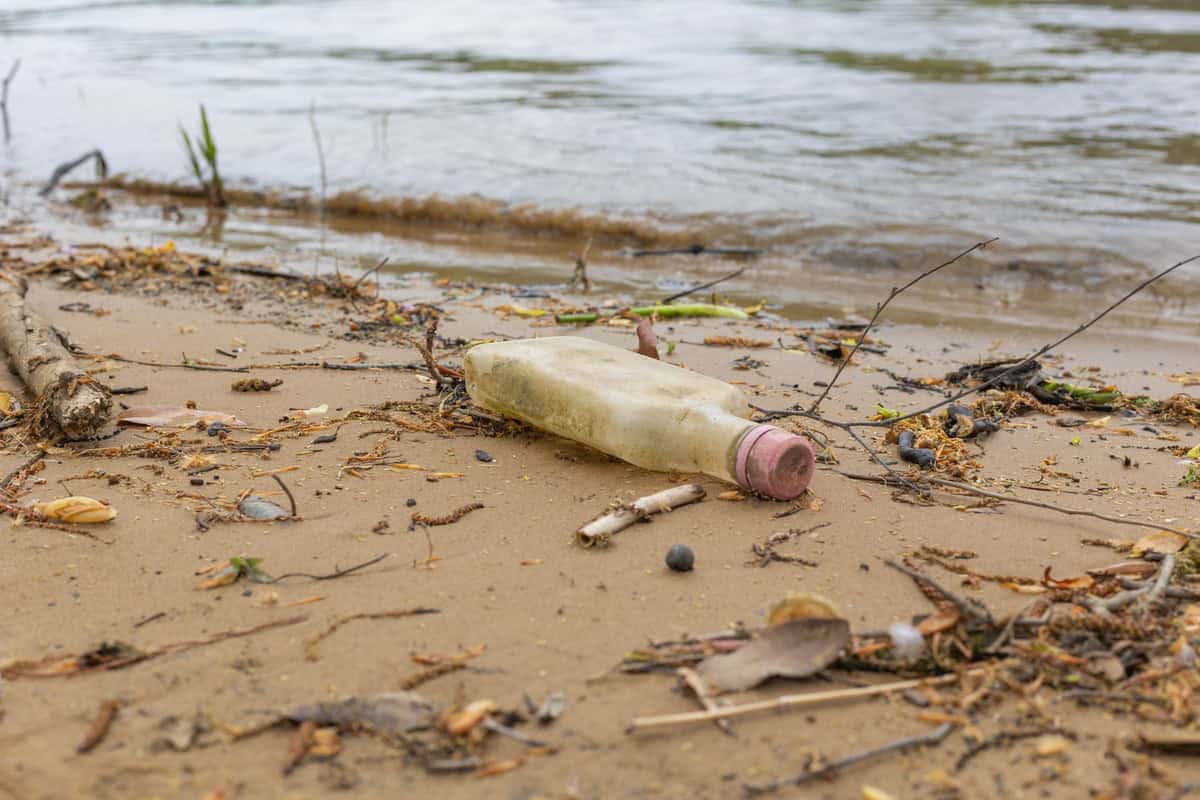It’s a sunny, cool afternoon in April 2013. The sun passes directly overhead in the San Francisco fog as Bryan Buckley walks back to his temporary room off Mission Street after a long run at the Golden Gate Bridge, when all of a sudden he notices the smell of freshly grilled meat wafting through the air. After a quick survey of his surroundings, he spots it – a perfectly seasoned, untouched pork chop sitting on the top of a trashcan. He reaches down, picks up the pork chop and takes a generous bite.
Buckley, who graduated from The University of Alabama in 2010, is neither homeless nor destitute, although he assumed the owners of the abandoned pork chop probably intended for the leftover meat to find a homeless person. Buckley’s decision to nab the pork chop was simply a display of one of the many facets of the increasingly popular freeganist lifestyle.
According to freegan.info, the unofficial reigning organization of the freegan world, “freegans are people who employ alternative strategies for living based on limited participation in the conventional economy and minimal consumption of resources.” Although the word is a play on “veganism” and “free,” most freegans eat animals and products produced by animals. The main restriction in the diet of a freegan is that food comes entirely from waste reclamation, more commonly known as Dumpster diving.
Although Buckley considers himself more of an “opportunistic diver” than a freegan, he said he fully supports the lifestyle as an effective way to help reduce the 38 million tons of food waste recorded by the Environmental Protection Agency annually in the United States.
(See also “Dining halls strive to source food locally“)
Even with the 38 million tons of food waste produced by Americans each year, the EPA estimates 50 million Americans go without enough food each year. According to the National Resources Defense Council, the average American wastes about 20 pounds of food each month, adding up to $165 billion in food waste for the entire nation each year.
“Diving for free, tasty food that would otherwise go to waste seems absolutely rational to me,” Buckley said. “There is a lot of throwing out of perfectly edible food, and someone should instead be eating that food.”
Freeganism, which began around the mid-’90s as an offset of the multiple antiglobalization and environmental movements of the time, has grown steadily since then and now boasts hundreds of communities not only across the nation, but also across the world.
Freegan.info offers a Dumpster directory detailing the best businesses for Dumpster diving in more than 20 U.S. cities. In addition, fallingfruit.org and dumpstermap.com offer interactive maps where users can submit their most-frequented Dumpsters. There’s even a Trashwiki, where Dumpster divers and freegans worldwide can post any trash-related articles plus tips on the best places to score food and other salvageable goods.
Buckley’s best Dumpster diving experience came from a tip he received via a Reddit Dumpster diving page. A grocery store in his neighborhood was closing, and the store had a “coincidental” failure of their freezers, meaning they would be throwing away all frozen foods. Buckley said he knew he couldn’t pass up the opportunity.
“I drove up and opened the Dumpster, and it was the jackpot,” he said. “The entire Dumpster was filled with frozen foods. I grabbed as much food as I thought my freezer would hold, mostly breakfast burritos, naan-wiches, while munching on some melting but still solid Snicker’s Ice Cream Bars. The retail value of my score from that dive was around $150 and lasted about a month.”
Joanna Leung, a freshman majoring in mechanical engineering, had her first foray in Dumpster diving when visiting her sister at Olin College of Engineering in Boston.
“My sister, her friends and I were all biking around the neighborhood, and we ended up going to Trader Joe’s, Dunkin’ Donuts and a bagel store,” she said. “There were gates outside the Dumpsters, but they’re not locked. It’s technically trespassing, I guess, but it’s trash anyways. My sister went into the Dumpsters, and I just took what she got out of there. We only had our backpacks, so we just filled them up.”
Although she enjoyed the experience, Leung said he has yet to try her hand in Dumpster diving here in Tuscaloosa.
“I would if there were places,” she said. “I haven’t really tried to in Tuscaloosa. I don’t really think it’s a thing here.”
Although when associated with freeganism, Dumpster diving is generally thought of as recovering discarded food items, many people and college students in particular have begun taking advantage of Dumpster diving for obtaining other goods. Leung said her sister has scored furniture, appliances and even old computers through diving in Dumpsters near student housing at the end of the semester.
(See also “Healthy for Life promotes health, wellness in dining halls“)
Buckley said he thinks many college students get their first taste of Dumpster diving by collecting unwanted items from other students who throw away perfectly usable items at the end of the semester simply because they do not want to move them out of their dorms or apartments.
“All students should definitely dive around the end of the semester to put to use some unwanted furniture or goods that would otherwise end up at landfills,” he said. “Just watch out for and research some of the stuff that ends up not being very frugal, like having bed bugs.”
In regard to the legality of Dumpster diving, the rules are a little more complicated. As stipulated by the 1988 Supreme Court case California v. Greenwood, once an individual throws something out, it becomes part of the public domain and is readily accessible to the anyone, including animals, children, scavengers and snoops. However, if the Dumpster in question is located against a building or inside a fenced enclosure, especially one that is marked with a “No Trespassing” sign, police are liable to question, ticket or arrest those Dumpster diving.
Buckley said to avoid getting in trouble with the law, there are common rules everyone should follow when Dumpster diving. These guidelines include leaving the Dumpster and its surrounding area as clean as you found it and only taking what you can use.
(See also “Healthier lifestyle too expensive to switch over, maintain on college budget“)






